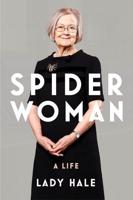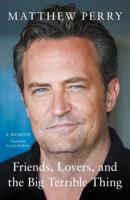Publisher's Synopsis
Excerpt: ... transplanted one for experiment, and finding it to my astonishment utterly sterile. I formerly thought with you about rarity of natural hybrids, but I am beginning to change: viz., oxlips (not quite proven), Verbascum, Cistus (not quite proven), Aegilops triticoides (beautifully shown by Godron), Weddell's and your orchids (612/5. For Verbascum see "Animals and Plants," Edition II., Volume I., page 356; for Cistus, Ibid., Edition II., Volume I., page 356, Volume II., page 122; for Aegilops, Ibid., Edition II., Volume I., page 330, note.), and I daresay many others recorded. Your letters are one of my greatest pleasures in life, but I earnestly beg you never to write unless you feel somewhat inclined, for I know how hard you work, as I work only in the morning it is different with me, and is only a pleasant relaxation. You will never know how much I owe to you for your constant kindness and encouragement. LETTER 613. TO JOHN LUBBOCK (Lord Avebury). Cliff Cottage, Bournemouth, Hants, September 2nd 1862. Hearty thanks for your note. I am so glad that your tour answered so splendidly. My poor patients (613/1. Mrs. Darwin and one of her sons, both recovering from scarlet fever.) got here yesterday, and are doing well, and we have a second house for the well ones. I write now in great haste to beg you to look (though I know how busy you are, but I cannot think of any other naturalist who would be careful) at any field of common red clover (if such a field is near you) and watch the hive-bees: probably (if not too late) you will see some sucking at the mouth of the little flowers and some few sucking at the base of the flowers, at holes bitten through the corollas. All that you will see is that the bees put their heads deep into the flower head and rout about. Now, if you see this, do for Heaven's sake catch me some of each and put in spirits and keep them separate. I am almost certain that they belong to two castes, with long and short proboscids. This...





